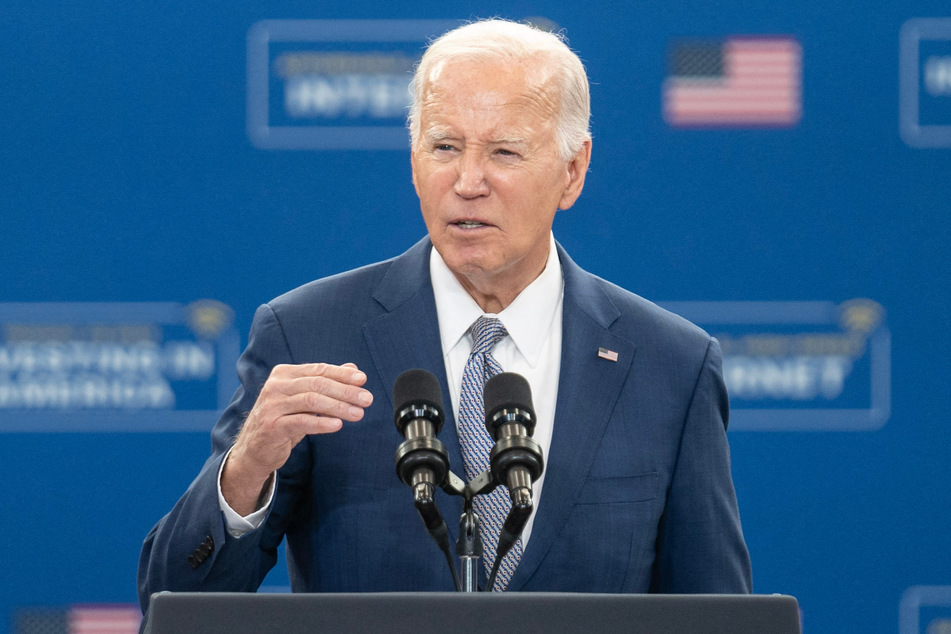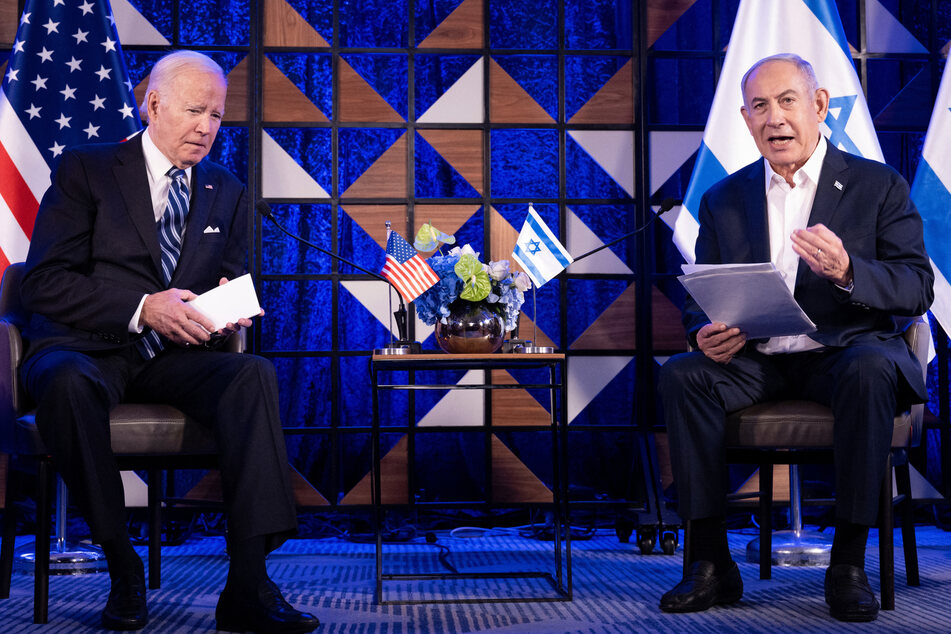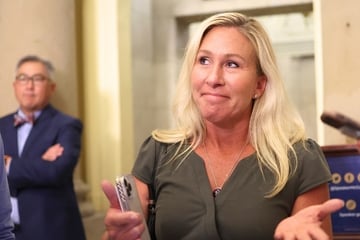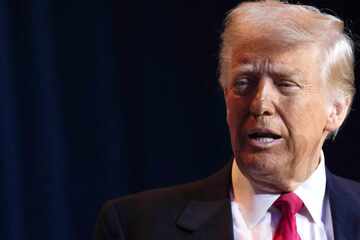President Biden backs Palestinian statehood in first Netanyahu call for weeks
Washington DC - President Joe Biden pushed Israeli Prime Minister Benjamin Netanyahu Friday on the need for future Palestinian statehood, as the two leaders spoke for the first time in a month amid tensions over plans for the aftermath of the Gaza war.

The call came a day after Netanyahu said he opposes allowing Palestinian sovereignty in the wake of the conflict with Hamas, deepening Israeli divisions with key backer Washington over the conduct of Israel's offensive and what comes next.
"The president still believes in the promise and the possibility of a two-state solution" for both Israelis and Palestinians, National Security Council spokesman John Kirby told reporters in a briefing at the White House after the call.
During his conversation with Netanyahu, Biden "made clear his strong conviction that a two-state solution is still the right path ahead. And we're going to continue to make that case."
"Good friends and allies can have those kinds of candid, forthright discussions, and we do," added Kirby.
The call also discussed US hostages still among those held captive by Hamas since the October 7 attack on Israel, he added.
Biden and Netanyahu last spoke on December 23, and the silence between them since has led to repeated questions about a rift. The pair have had a notoriously complicated relationship in the past, with the Democratic US president last year pressing the right-wing Israeli premier over controversial judicial reforms.
But Biden has stood firmly behind Israel since October 7, even traveling to the country after the attacks, where he publicly embraced Netanyahu and pledged full US support.
Fresh tensions have emerged since then, however, as the toll of the Israeli offensive on Gaza has mounted, with Biden warning that Israel could lose support by "indiscriminate bombing."
Tensions continue to escalate between Biden and Netanyahu

Israel's government is also bristling at the US push for a future solution to include statehood for the Palestinians.
Biden ended his tense last call with Netanyahu in December abruptly amid a disagreement over vital Palestinian tax revenues held by Israel, saying, "This conversation is over," Axios reported.
The call on Friday was not, however, in direct response to Netanyahu's comments the day before, Kirby said, adding that they had been trying to plan it for some time.
Netanyahu said on Thursday that his country "must have security control over all the territory west of the Jordan [River]" and that he had made this clear to Israel's "American friends."
"This is a necessary condition, and it conflicts with the idea of [Palestinian] sovereignty," Netanyahu said in public remarks.
One day earlier at the World Economic Forum in Davos, Switzerland, Secretary of State Antony Blinken said Israel would not get "genuine security" without a "pathway to a Palestinian state."
During a trip to the Middle East last week, Blinken emphasized to Israeli authorities that Arab countries, including Saudi Arabia, were committed to helping reconstruct Gaza and aiding with future Palestinian governance, but only on the condition that Israel clear the path for Palestinian statehood.
Netanyahu maintained Thursday that "a prime minister in Israel should be able to say no, even to our best friends – to say no when necessary, and to say yes if possible."
The October 7 attacks resulted in the deaths of about 1,140 people in Israel, most of them civilians, according to an AFP tally based on official Israeli figures. Militants also seized about 250 hostages, around 132 of whom Israel says remain in Gaza.
Israel's relentless air and ground offensive has killed at least 24,762 Palestinians, around 70 percent of them women, young children and adolescents, according to Gaza's health ministry.
Cover photo: Eros Hoagland / GETTY IMAGES NORTH AMERICA / Getty Images via AFP

